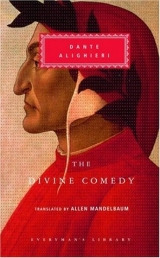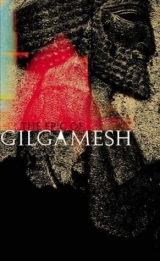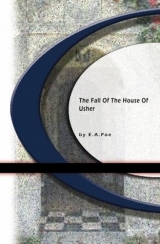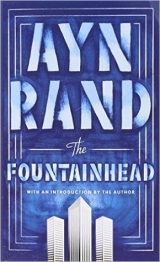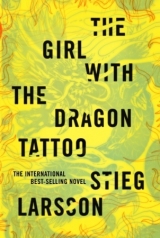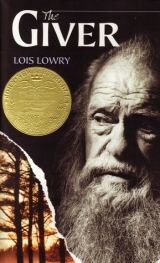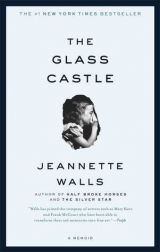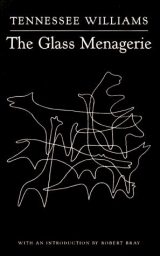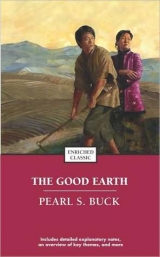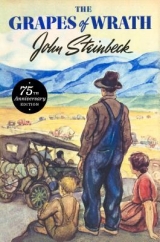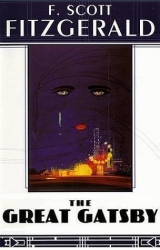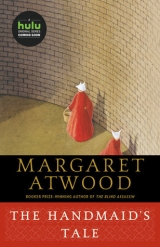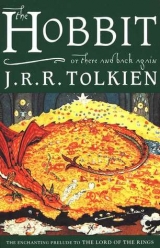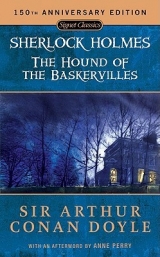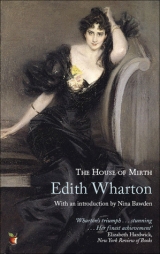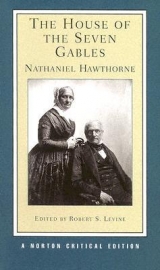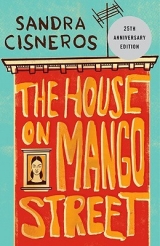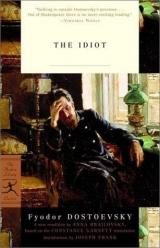Study guides - Page 12 | Just Great DataBase
Dante Alighieri is a fascinating medieval figure. He has experienced the tragedy of loosing a loved one who he didn’t even have a chance to marry because his family chose another woman to be his wife. This life’s tragedy among many others greatly intensified his interest in philosophy and country’s political life. The “Divine Comedy” consists of three separate books...
“The Epic of Gilgamesh” is worth reading just because it’s the oldest story the humanity has produced. Originating in Mesopotamia, the poem brought together five classic legends about Sumarian king Uruk. Despite typical poems meant to glorify the empire and its emperor for the sake of keeping the order in place, “The Epic of Gilgamesh” has a much broader meaning...
The father of a detective genre and a great English writer created “The Fall of the House of Usher” in 1839. The text is rich in Edgar Allan Poe’s typical atmosphere, writing style, rampant imagination, and suspense. It is a great exercise for the mind and also emotions. The story takes the reader into a world of mystery, despair, and extinction. We get to meet a very old...
Most of us know the world bestseller “Atlas Shrugged” by Ayn Rand, but her literary success started from yet another book about the same idea: “The Fountainhead”. The unique approach of the author to the values of the individualism and freedom through devotion to one’s work makes this book one of the remarkable works of the modern literature. This is the story about...
The French Lieutenant’s Woman by John Fowles is a postmodern historical fiction that tells us the story of the aforementioned woman, abandoned by the French lieutenant who returned to France and married there. The woman named Sarah was left disgraced and shun from the society, spending most of her time on the beach and looking at the sea, grieving about her loss and shame. The story starts...
Most of people tend to believe they have never experienced the contemporary literature of Nordic countries until they realize that Stieg Larsson, who wrote the legendary “The Girl With The Dragon Tattoo”, was Swedish. It is believed that the author wrote the book and especially its main character based on real life events. While we may question whether he really witnessed a...
Lois Lowry wrote “The Giver” in 1993. The next year this strong book received the highest award in the young adult literature field, the Newbery Medal. Born on Hawaii Island and educated at Brown and Maine, it’s hard to say where the author drew inspiration to write about such serious and solemn concepts. At the beginning of a book the reader finds himself in a utopian society...
Jeanette Walls managed to write a memoir that for more than 250 weeks was part of The New York Times Bestseller list. Since 2005 “The Glass Castle” sold millions of copies and even made it into a movie. The plot of the book is very non-trivial. It all begins with a 4-year old girl making herself sausages for breakfast. As a result of an accident, she ends up in the hospital...
“The Glass Menagerie” is a play that made Tennessee Williams famous immediately after its publication in 1944. The play made it to the Broadway and won numerous awards. The plot is very simple. Imagine a simple American family, it is the 1930s outside, the Great Depression seems never-ending, people are getting used to it. An energetic woman is keeping the whole family together. The...
The Good Earth by Pearl S. Buck was a bestseller of its time and played a prominent part in getting its author the Nobel Prize for literature. A family drama set in China before the World War I, this book showed the readers the Chinese culture, struggles and hopes, their ideas and worldview. The popularity of the novel also helped Americans during the World War II see the Chinese people as allies...
Even though it wasn’t “The Grapes of Wrath” that won John Steinbeck his Novel Prize, it is still a very strong book of realist fiction genre in his portfolio. Published in 1939, the novel looks back at the Great Depression times and explores the travels of a poor farmer’s family looking for job and survival. The book begins with a story of Tom Joad who spent the...
“The Great Gatsby” is a novel by American writer Francis Scott Fitzgerald. The book depicts vividly the reality of social morals and economic standing in between the Roaring 20s and Great Depression times. In his early years, Fitzgerald was a smart child but couldn’t fight the boredom of school, which led to him dropping out and signing up for the army. Being a lieutenant in...
Margaret Atwood, born in Canada, wrote “The Handmaid’s Tale” in 1985. The book touches upon increasing influence of religious conservatism in the society at that time. After the world has openly admitted to sexual revolution, there were parties and people who openly criticized it and made sex, contraception, women voting and other rights look indecent and unnecessary. Even...
Not everybody knows that Tolkien first wrote “The Hobbit” and only then started working on the “Lord of the Rings”. It wasn’t his first text, but it brought together the author’s memories of the World War I, knowledge of philology, ancient myths, as well as the characters from previous stories. The full title of the book is “The Hobbit, or There and Back...
The Hound of the Baskervilles by Arthur Conan Doyle is one of his most famous - or maybe the most famous - novels about Sherlock Holmes. The case of the mysterious Hound inspired many movie directors to show and reinterpret it in different environments and with different accents. Why The Hound of the Baskervilles is so interesting for the audience? There is no single answer but we’ll try...
House of Mirth by Edith Wharton is the novel that is often classified as social satire. It tells the readers the story of a well-educated, beautiful and virtuous woman of upper class, named Lily Bart and her downfall from the upper class to the very social bottom. The problem of Lily is simple and very common for the noble women with proper upbringing of that times: she is twenty-nine already...
“The House of Seven Gables” is a Gothic novel, full of impossible coincidences, haunted places and family curses. Do not expect too much realism from it, just prepare for the great and enjoyable story of the family whose patriarch was once cruel and unfair to the wrong person. The vivid description of the grim and rusty House of the Seven Gables that opens the book immediately sets...
“The House of the Spirits” by Isabel Allende is a family saga that describes the life of four generations, no less. It starts from the story of del Valle sisters, one of which possesses paranormal powers and then grows into the story of the whole new town emerging at the coast when their family has to move from their hometown. The story of the family and their house, later becoming...
Sandra Cisneros wrote “The House on Mango Street” in 1984. Even though many of you already imagine a nice house on a calm and pretty Mango Street – the book is nothing like that. The book is a compilation of colorful characters each of whom encounters the poverty, exile, humiliation, shame, restrictions and hard work. The protagonist of the book is a young girl Esperanza...
Despite such a title, the main character is a perfectly healthy man. Dostoyevsky ironically portrays the attitude of the society to the hero, whose only flaw is his kindness, open-heartedness and naivete. He is young, handsome and rich - moreover, he is the Prince. Lev Nikolayevich Myshkin just lacks the skill of deception and plotting that is so valuable amongst the upper-crust society. So, his...

